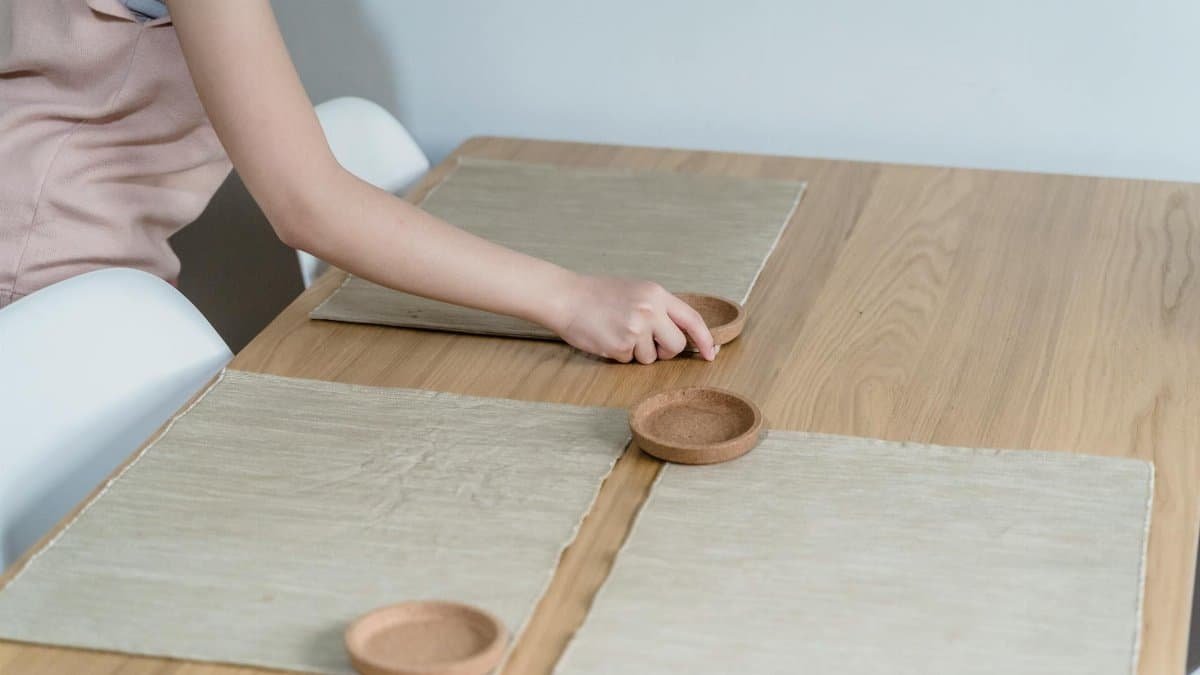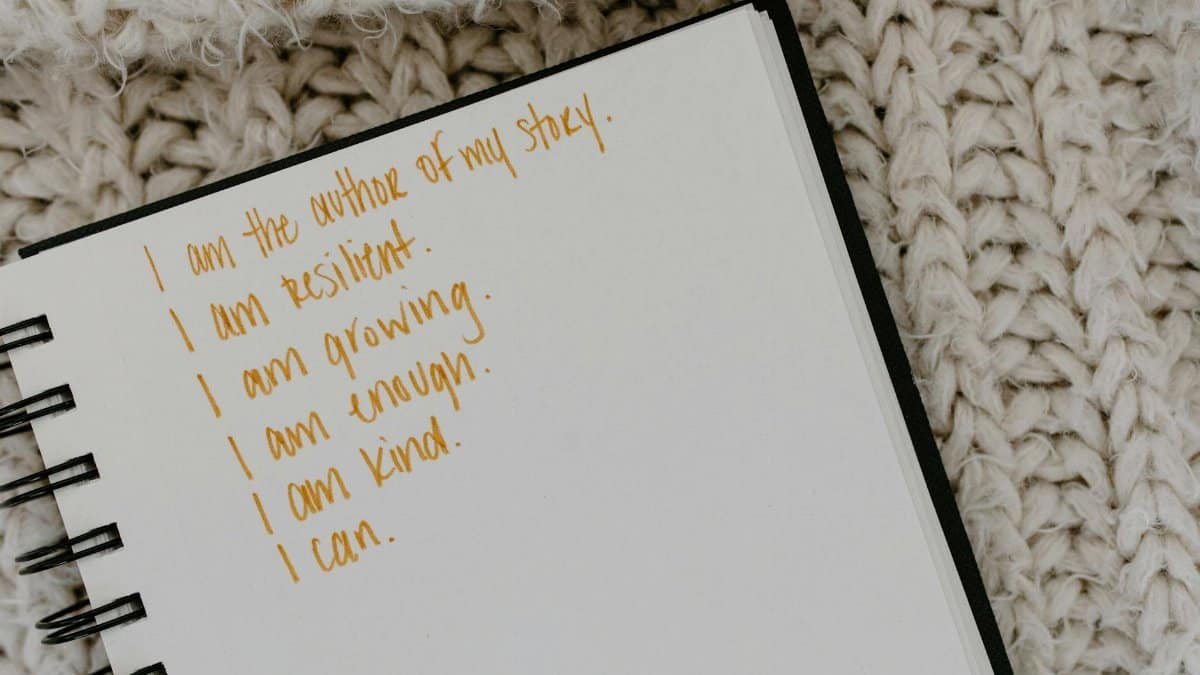Sunlight spilled through the windows of a small community center in Portland, Oregon, as a dozen people sat in a circle, eyes closed, breathing in unison. Their focus wasn’t just on relaxation but on something deeper—reconnecting with themselves through mind-body healing. For many there, the practice wasn’t about escaping stress but reclaiming a sense of self-worth. In a world that often demands we prioritize others’ needs or societal expectations, the idea of self-respect can feel elusive. Yet, more Americans are turning to unconventional methods to nurture it. From silent walks in nature to journaling unspoken fears, these approaches challenge traditional self-care tropes. They weave together physical and emotional awareness, offering fresh ways to honor one’s own boundaries and value. What if self-respect isn’t just a mindset but a tangible practice? Let’s uncover ten unexpected paths to cultivate it.
1. Silent Nature Immersion

Step outside. Leave the earbuds behind. A growing number of people are finding self-respect through unplugged time in nature, letting the rustle of leaves or crash of waves reset their inner dialogue. This isn’t about hiking for fitness—it’s about standing still, noticing the texture of bark or the smell of damp earth, and feeling grounded in your own presence. Research from the U.S. Forest Service shows that time in green spaces lowers cortisol levels, easing stress that often erodes self-worth. One woman described sitting by a lake for an hour, no agenda, just listening. “I felt like I mattered, just by existing,” she said. This quiet act of prioritizing your own peace can rebuild a sense of dignity often lost in daily noise.
2. Breathwork for Boundaries

Breathing isn’t just automatic—it can be a deliberate stand for yourself. Breathwork, a core piece of mind-body healing, involves controlled patterns to release tension and anchor emotions. Think of it as a way to say “no” to overwhelm without speaking. Practitioners often use techniques like box breathing—inhaling for four counts, holding for four, exhaling for four—to reclaim control when life feels chaotic. A 2020 study from National Institutes of Health found breathwork reduces anxiety, creating mental space to assert personal limits. Try it next time you’re stretched thin. Five minutes can remind you that your needs deserve attention, a small but powerful act of self-respect.
3. Journaling Unspoken Truths

What’s one thing you’ve never told anyone about how you feel? Writing it down—raw, unfiltered—can be liberating. This isn’t about crafting perfect prose but unloading burdens that chip away at your self-view. Some burn the pages after; others keep them hidden. The act alone signals trust in your own voice. Therapists often tie this to mind-body healing, noting how emotional release impacts physical tension. A friend once shared how scribbling late-night frustrations about a toxic job helped her finally quit. “Seeing my anger on paper made me respect my own limits,” she admitted. Studies from American Psychological Association back this, showing expressive writing improves mood and self-perception over time.
4. Physical Decluttering as Emotional Reset

Your space mirrors your mind. Clearing out clutter—old clothes, forgotten trinkets—can feel like shedding self-doubt. This isn’t about minimalism for Instagram but reclaiming your environment as a reflection of worth. Start small: a drawer, a shelf. Notice how letting go of things tied to past regrets lightens your chest. Experts link this to mind-body healing, as physical order often calms mental chaos. A report by UCLA found cluttered homes elevate stress hormones, especially in women. One person recalled tossing out mementos from a bad relationship and feeling “like I reclaimed my own story.” It’s a tangible way to honor your present self.
5. Sensory Rituals for Presence

Ever pause to really feel the warmth of a mug in your hands? Sensory rituals—focusing on touch, smell, or taste—can ground you in the moment, a quiet rebellion against autopilot living. Light a candle and inhale its scent. Chew a bite of food slowly, noticing every flavor. These small acts remind you that your experience matters. They tie into mind-body healing by syncing physical senses with mental awareness, fostering self-value. It’s not indulgence; it’s acknowledgment. Someone once shared online how rubbing lavender oil on their wrists during a tough day became a signal: “I’m worth this pause.” Such rituals rebuild connection to self, piece by piece.
6. Setting Micro-Boundaries Daily

Self-respect often hides in tiny “no’s.” Skip replying to a draining text right away. Decline an extra task when you’re tapped out. These micro-boundaries aren’t selfish—they’re survival. They teach others, and yourself, that your energy isn’t endless. Psychologists note this aligns with mind-body healing by reducing the physical toll of overextension. Headaches, tight shoulders—those often stem from saying “yes” too much. A 40-something father described turning off work notifications after 6 p.m. “I felt guilty at first, but my body relaxed,” he said. It’s a practice of valuing your own limits, one small choice at a time.
7. Movement Without Goals

Forget the gym grind. Dance in your kitchen to a song you love. Stretch on the floor just because it feels good. Movement without metrics—calories, reps, miles—can be a radical act of self-respect. It’s about listening to your body, not punishing it. This ties to mind-body healing by prioritizing internal cues over external standards. Research from NIH shows even gentle movement lifts mood and self-esteem. One person recalled swaying to music alone after a rough day: “I wasn’t fixing anything, just being with myself.” That’s the point—honoring your body as it is.
8. Vocalizing Affirmations with Intent

Speaking to yourself matters. Stand in front of a mirror. Say, “I’m enough,” and mean it. This isn’t empty positivity—it’s rewiring how you see yourself. Vocal affirmations, when paired with genuine feeling, can shift internal narratives. Some tie this to mind-body healing, as the vibration of your voice can soothe nerves. It’s less about the words and more about the act of claiming space audibly. A study from Psychology Today suggests self-talk influences confidence. Try it quietly at first. One man shared how saying “I deserve rest” after burnout felt awkward but grounding. Over time, it sticks.
9. Curating Digital Silence

Scroll less. Unfollow accounts that spark comparison. Digital silence—intentionally stepping back from online noise—can protect your self-respect. It’s not about quitting social media but choosing what enters your headspace. The constant barrage of curated lives often fuels self-doubt, and pulling back can feel like a shield. Studies from Pew Research show heavy social media use correlates with stress and lower self-esteem. One user described muting group chats for a weekend: “I heard my own thoughts again.” This act of curation reminds you that your mental peace is worth guarding.
10. Embracing Imperfect Rest

Rest isn’t always a perfect eight hours. Sometimes it’s closing your eyes for ten minutes on a chaotic day. Embracing imperfect rest—without guilt—signals you’re worth the pause, even if it’s messy. This connects to mind-body healing by easing the physical strain of pushing through exhaustion. Sleep science from CDC notes even short naps can reset focus and mood. A busy parent once mentioned lying on the couch mid-afternoon, kids yelling nearby, just breathing. “I let go of ‘shoulds’ and felt human again,” they said. It’s a quiet way to honor your limits, flaws and all, in a culture that glorifies hustle.
These ten paths aren’t quick fixes. They’re invitations to rethink self-respect as something you build, moment by moment, through mind-body healing. Whether it’s a silent walk or a spoken affirmation, each step is a reminder: your worth isn’t negotiable. In 2025, as stress and expectations continue to mount, these unconventional practices offer a way to stand firm in who you are. They weave together the physical and emotional, showing that honoring yourself isn’t a luxury—it’s essential. So, pick one. Try it tomorrow. See how it feels to choose yourself, unapologetically.
